How to Make Perfect Soft Boiled Eggs
Perfect soft-boiled eggs are a breakfast classic, cherished for their velvety yolks and runny centers. Achieving the perfection of soft-boiled eggs might appear to be a culinary challenge, but with the right technique and a little practice, you can consistently create flawless, perfect soft-boiled eggs. In this guide, we’ll walk you through the steps to create the ideal perfect soft-boiled egg every time. Whether you’re a dedicated breakfast enthusiast, a devoted salad aficionado, or just someone who relishes a quick and satisfying snack, mastering the art of preparing perfect soft-boiled eggs will elevate your culinary skills and bring joy to your taste buds.
Ingredients:
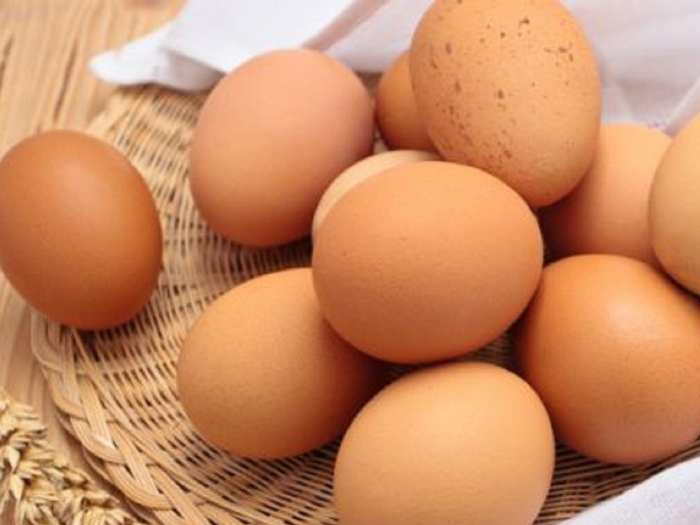
- Fresh eggs
- Water
Equipment:
- Saucepan
- Timer
- Slotted spoon
- Cold water
Instructions:
- Choose Fresh Eggs: Start with fresh eggs for the best results. The freshness of the egg is crucial for achieving the desired consistency of a perfect soft-boiled egg.
- Prepare a Saucepan: Select a saucepan that can comfortably hold the number of eggs you want to boil. Fill the saucepan with enough water to completely submerge the eggs. Place it on the stove over medium-high heat.
- Bring the Water to a Boil: Allow the water to come to a rolling boil. This is the key to ensuring that the eggs cook evenly and the whites don’t stick to the shell, resulting in a perfect soft-boiled egg.
- Lower the Eggs into the Boiling Water: Gently lower the eggs into the boiling water using a slotted spoon. Be careful not to drop them, as this can lead to cracking. Add as many eggs as your saucepan can hold without overcrowding.
- Set the Timer for Perfect Soft-Boiled Eggs: To achieve the ideal runny center and creamy yolk for perfect soft-boiled eggs, set a timer for 4-5 minutes. If you prefer a slightly firmer yolk, you can extend the time to 6-7 minutes.
- Control the Heat: Maintain a gentle boil throughout the cooking process. Adjust the heat as needed to keep the water simmering consistently, ensuring the perfection of your soft-boiled eggs.
- Prepare an Ice Water Bath: While the eggs are cooking, fill a large bowl with cold water and ice cubes. This will be used to quickly cool the eggs after boiling, preventing them from overcooking and preserving their perfect consistency.
- Remove the Perfect Soft-Boiled Eggs: When the timer goes off, use the slotted spoon to carefully remove the eggs from the boiling water and place them directly into the ice water bath. Let them sit for a minute to cool down.
- Peel and Serve Your Perfect Soft-Boiled Eggs: Once the eggs have cooled, gently tap them on a hard surface to crack the shell. Roll them between your hands to loosen the shell, and then peel it away. Season your perfect soft-boiled eggs with salt and pepper, and they’re ready to be enjoyed.
Tips for Perfect Soft-Boiled Eggs:
If you’re making multiple eggs, you can add them one at a time, adjusting the timer accordingly to achieve varying levels of doneness, ensuring each egg is perfectly soft-boiled. • To enhance the perfection of your soft-boiled eggs, consider adding toppings such as chopped herbs, grated cheese, or a drizzle of hot sauce.
Be cautious when peeling the eggs, as they can be delicate. Using slightly older eggs can make the peeling process easier.
Nutrition
Perfect soft-boiled eggs not only delight your taste buds but also offer a healthy and nutritious start to your day. Here’s a look at some of the nutritional benefits of these delectable eggs:
- Protein Powerhouse: Soft-boiled eggs are a fantastic source of high-quality protein. They contain all the essential amino acids, making them an excellent choice for those looking to meet their daily protein requirements. A single large egg provides approximately 6 grams of protein, which can help keep you feeling full and satisfied throughout the morning.
- Essential Nutrients: Soft-boiled eggs are rich in essential vitamins and minerals. They are particularly abundant in vitamin B12, which is essential for nerve function and red blood cell production, as well as vitamin D, which is vital for bone health. Eggs also provide significant amounts of vitamin A, vitamin E, and various B vitamins.
- Healthy Fats: The yolk of a soft-boiled egg contains healthy monounsaturated and polyunsaturated fats. These fats are beneficial for heart health and can help with the absorption of fat-soluble vitamins like vitamin D and vitamin E.
- Choline: Eggs are one of the best dietary sources of choline, a nutrient important for brain health and function. Choline plays a role in memory, mood regulation, and overall cognitive function.
- Lutein and Zeaxanthin: The egg yolk contains these powerful antioxidants, which are known to promote eye health by protecting against age-related macular degeneration and cataracts.
- Low Calorie: Soft-boiled eggs are relatively low in calories, making them a great addition to a calorie-conscious diet. A large egg contains about 70 calories, which is modest considering the nutritional value it provides.
It’s important to note that the nutritional content of your soft-boiled eggs can vary slightly based on factors like the egg’s size and the feed given to the hens. Overall, incorporating perfect soft-boiled eggs into your breakfast or meals can be a nutritious and satisfying choice that offers a range of health benefits. Enjoy the taste and health benefits of this classic dish in your daily routine.
Conclusion
With these simple steps, you can master the art of making perfect soft-boiled eggs every time. Whether you enjoy them for breakfast, as a salad topping, or as a snack, perfect soft-boiled eggs are a versatile and delicious addition to your culinary repertoire. Happy cooking!

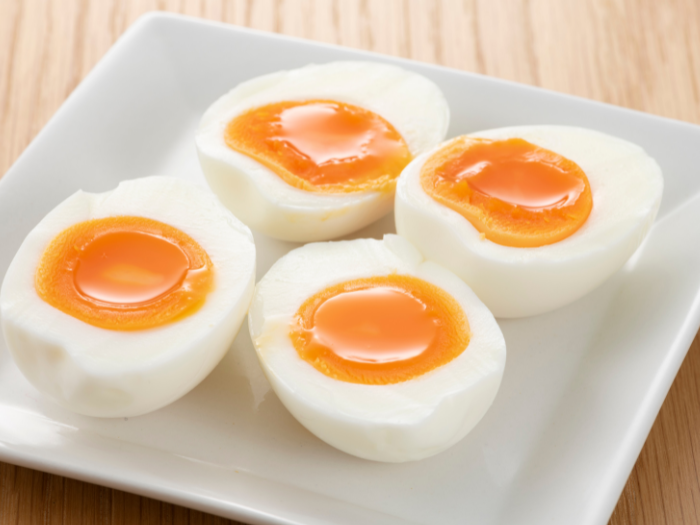
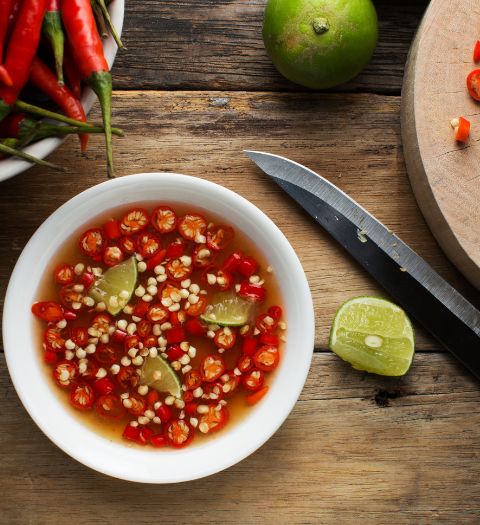
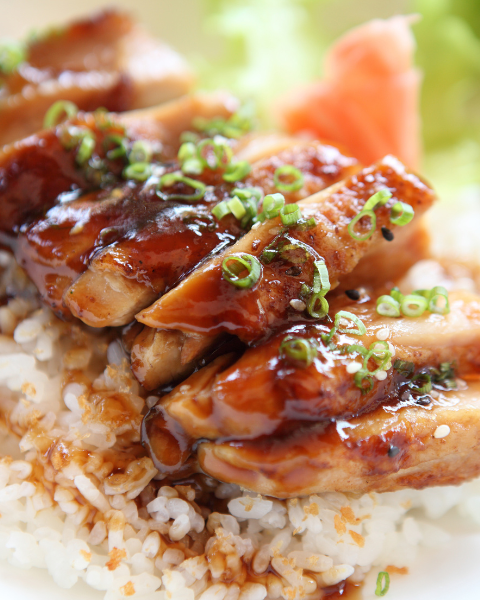

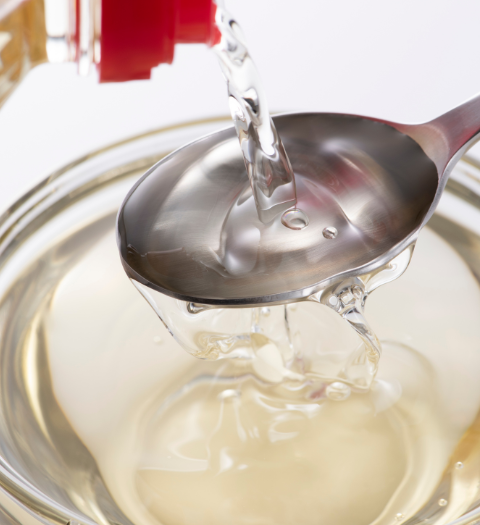
[…] can also learn more tips here on how to make perfect soft boiled […]